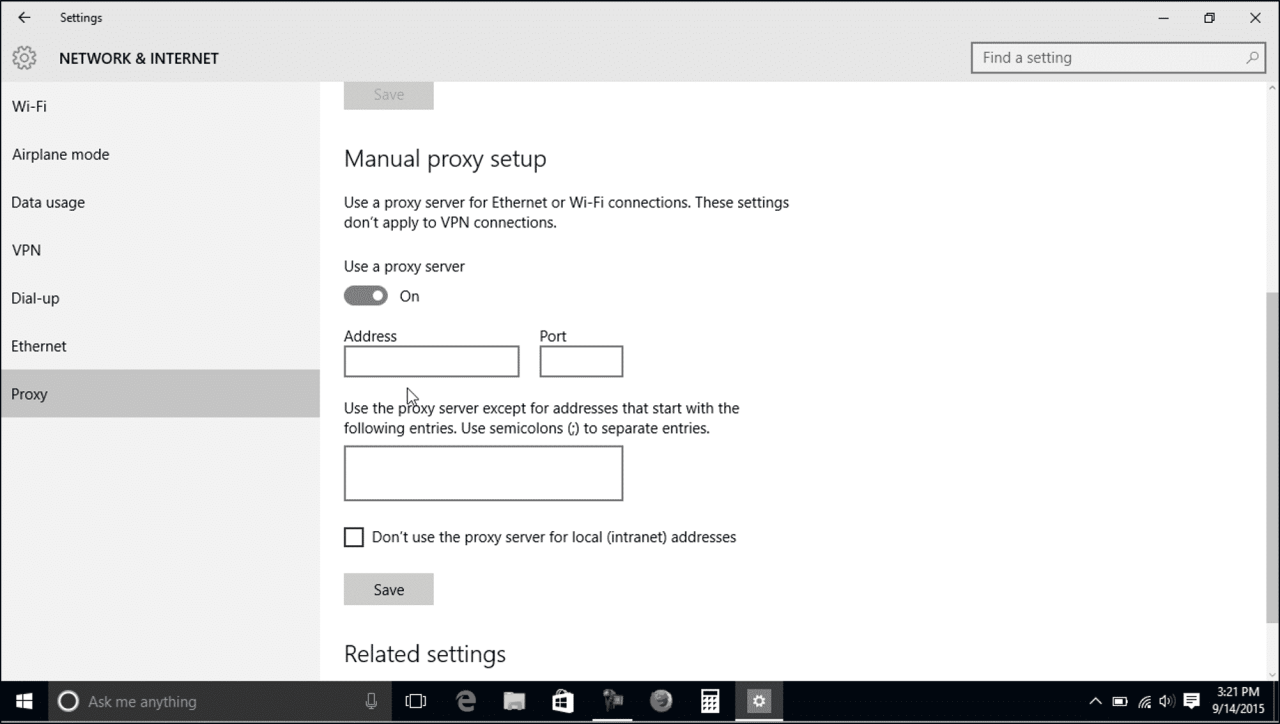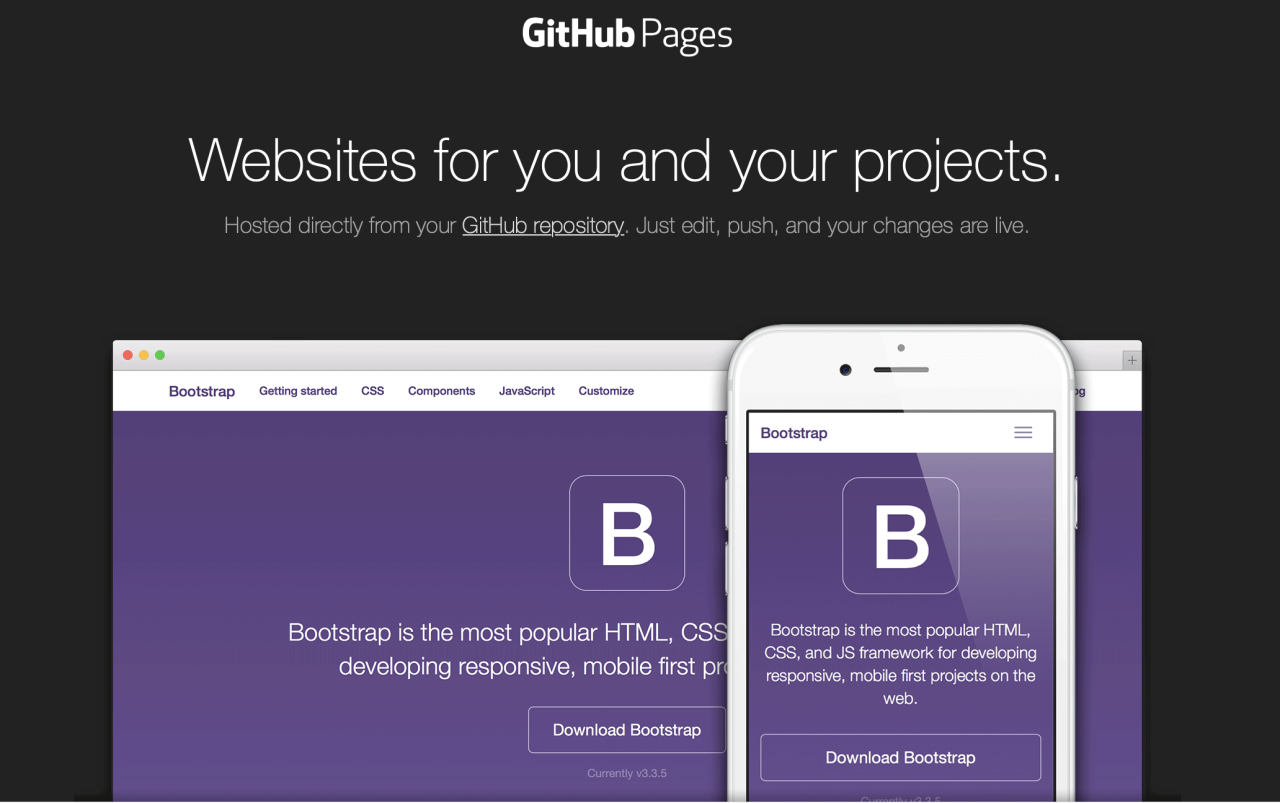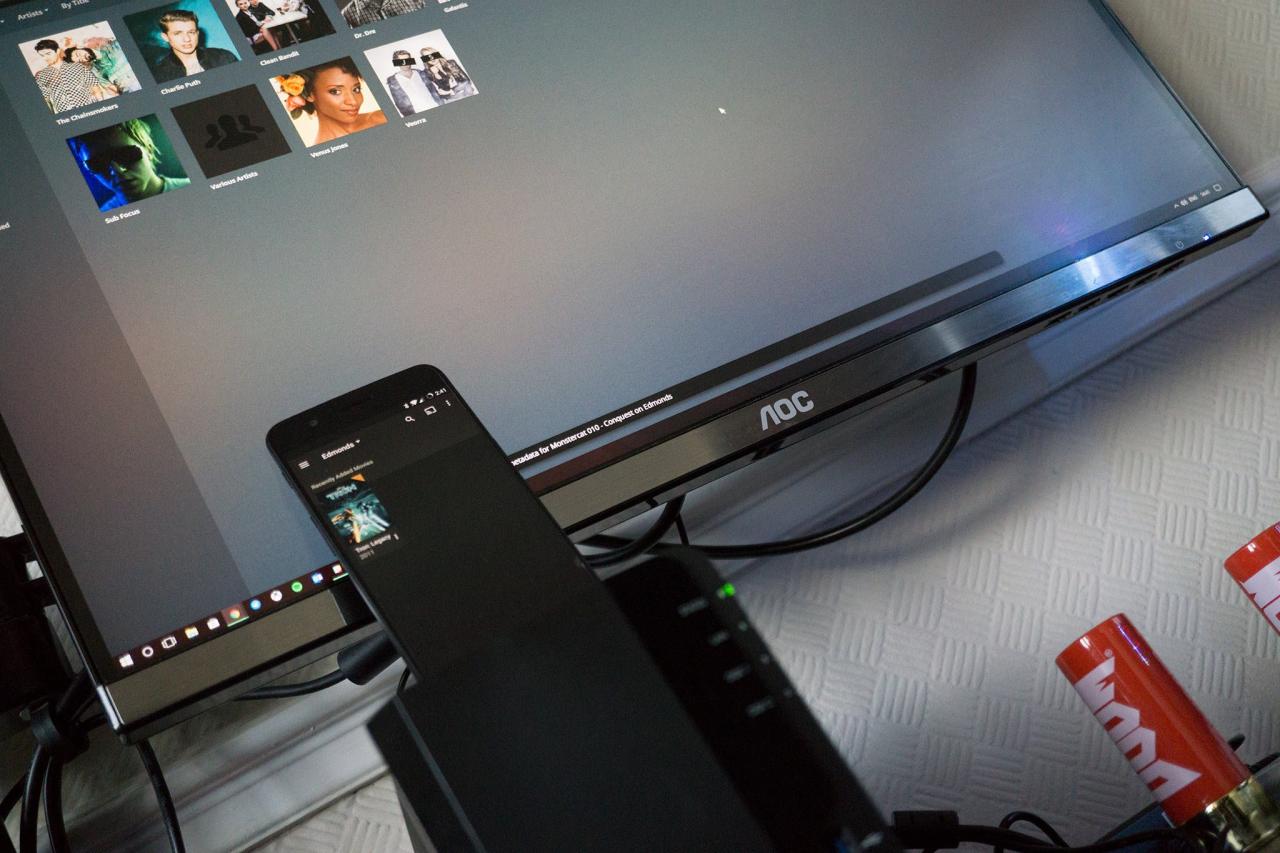Proxy sets, a collection of internet proxies, have become indispensable tools for various online activities, from web scraping and to social media marketing and data analysis. Understanding the intricacies of proxy sets is crucial for navigating the complex digital landscape and harnessing their power for both personal and professional endeavors.
This guide delves into the world of proxy sets, exploring their purpose, types, applications, and ethical considerations. We’ll uncover the advantages and disadvantages of different proxy types, discuss the importance of proxy management, and provide insights into building effective proxy sets for specific use cases.
Proxy Set Definition
A proxy set is a collection of proxy servers that are used to route traffic through different IP addresses, masking the user’s actual location and identity.
Proxy sets are designed to enhance privacy, security, and access to restricted content by redirecting network traffic through intermediary servers.
Purpose of Proxy Sets
Proxy sets serve a variety of purposes, including:
* Privacy and Security: By routing traffic through a proxy server, users can hide their real IP address, making it difficult for websites and online services to track their activity.
* Bypass Geo-restrictions: Proxy servers can be located in different countries, allowing users to access content that is restricted in their location.
* Improve Network Performance: Proxy servers can cache frequently accessed content, reducing the time it takes to load web pages and other online resources.
* Bypass Firewalls: Proxy servers can be used to bypass firewalls that restrict access to certain websites or services.
Common Scenarios Where Proxy Sets Are Used
Proxy sets are used in a wide range of scenarios, including:
* Web Scraping: Web scrapers use proxy sets to avoid detection and access data from websites that block automated requests.
* E-commerce: E-commerce companies use proxy sets to monitor competitor pricing and inventory levels, as well as to gather data on consumer behavior.
* Market Research: Market research firms use proxy sets to gather data on consumer demographics, interests, and online behavior.
* Social Media Marketing: Social media marketers use proxy sets to manage multiple social media accounts and avoid detection by platforms.
* Testing and Development: Developers use proxy sets to test websites and applications from different geographic locations.
Proxy Set Management
Managing proxy sets is crucial for optimizing their effectiveness and ensuring seamless operations. This involves a combination of tools, techniques, and strategies that help maintain a reliable and secure proxy pool.
Proxy Set Management Tools and Methods
Managing a proxy set requires the right tools and methods to effectively track, monitor, and maintain the pool. This section will discuss common tools and methods for managing proxy sets.
- Proxy Management Software: Proxy management software offers a comprehensive solution for managing large proxy pools. These tools provide features like proxy rotation, testing, and monitoring, simplifying the management process.
- Proxy Rotation Scripts: Scripting languages like Python or JavaScript can be used to automate proxy rotation. This ensures that requests are distributed across different proxies, preventing detection and improving anonymity.
- Command-Line Tools: Command-line tools like cURL or wget can be used for basic proxy management tasks, such as testing proxy availability and performing simple requests.
- Proxy API Providers: Some proxy providers offer APIs that allow programmatic access to their proxy pools. This enables developers to integrate proxy management into their applications and automate tasks.
Monitoring Proxy Performance and Rotation
Monitoring proxy performance and rotating proxies within a set are essential for maintaining a healthy and effective proxy pool.
- Performance Monitoring: Regularly monitor proxy performance metrics like latency, speed, and uptime. This helps identify slow or unreliable proxies that need to be replaced or removed from the pool.
- Proxy Rotation: Rotate proxies regularly to prevent detection and maintain anonymity. This can be done manually or automated using scripts or software.
- Proxy Blacklist: Maintain a blacklist of known bad proxies to avoid using them in future requests. This helps prevent unexpected errors and ensures that only reliable proxies are used.
Maintaining Anonymity and Security
Anonymity and security are paramount when using proxy sets. Implementing the following practices can help maintain the integrity and privacy of your proxy pool.
- Use Secure Proxies: Ensure that the proxies in your set are secure and encrypted. This prevents third parties from intercepting or monitoring your traffic.
- Regularly Update Proxy Lists: Proxy lists can become outdated quickly. Regularly update your proxy lists to ensure that you are using the most recent and reliable proxies.
- Limit Proxy Usage: Avoid excessive traffic through a single proxy. This can lead to detection and potentially ban the proxy. Distribute requests across multiple proxies to reduce the risk.
- Use a VPN: Consider using a VPN in conjunction with a proxy set to enhance your anonymity and security. A VPN encrypts your traffic and hides your IP address, further protecting your identity.
Ethical Considerations
Using proxy sets can be a powerful tool, but it’s crucial to use them responsibly and ethically. Failing to do so can have serious consequences, both for you and the websites you interact with.
Respecting Website Terms of Service
It’s essential to understand and respect the terms of service of the websites you use. Many websites prohibit the use of proxies, especially for automated tasks or activities that could violate their policies. Using proxies to circumvent these restrictions can lead to account suspension or even permanent bans. For instance, scraping websites without explicit permission or using bots to automate actions that violate the terms of service can be considered unethical and potentially illegal.
Data Privacy Regulations, Proxy set
Data privacy regulations, such as the General Data Protection Regulation (GDPR) and the California Consumer Privacy Act (CCPA), are designed to protect user data. Using proxies to collect or manipulate personal information without consent or in violation of these regulations can lead to legal penalties and reputational damage. It’s crucial to ensure that any use of proxies complies with all applicable privacy laws and regulations.
Responsible Use of Proxy Sets
Here are some examples of responsible and ethical uses of proxy sets:
- Geo-targeting and Market Research: Proxy sets can be used to gather data on different geographical markets, allowing businesses to understand consumer preferences and tailor their marketing campaigns accordingly.
- Web Scraping for Research: When done ethically, web scraping using proxies can provide valuable data for research purposes. It’s crucial to obtain permission from website owners and comply with their terms of service.
- Load Testing and Performance Monitoring: Proxy sets can be used to simulate real-world traffic and test the performance of websites and applications under different load conditions.
- Protecting Personal Privacy: Using proxies can help protect your online privacy by masking your IP address and location.
Wrap-Up

Navigating the world of proxy sets requires a careful balance of technical knowledge, ethical awareness, and strategic planning. By understanding the fundamentals of proxy sets, their applications, and potential risks, you can leverage their capabilities to achieve your online goals while adhering to ethical principles and ensuring the security of your data. Whether you’re a developer, marketer, or researcher, mastering the art of proxy sets opens up a world of possibilities.




